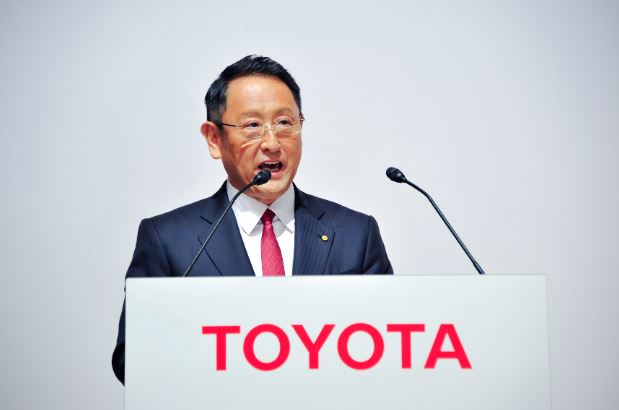Toyota Motor announced that Chairman Akio Toyoda was re-elected to the company’s board of directors at its annual general meeting, receiving the support of approximately 85% of shareholders. This marks Toyoda’s lowest approval rating in at least five years, compared to the 96% support he received the previous year when he held the positions of president and chief executive.
Although Toyota’s profitability and share price have been on the rise, the decrease in support for Toyoda is believed to reflect concerns over the automaker’s governance rather than its strategy. Koji Endo, the head of the equity research department at SBI Securities, suggested that Japanese investors generally perceive no significant issues with governance, while some institutional investors from the United States and Europe find a lack of clarity and transparency.
Prior to the meeting, influential U.S. funds, including prominent public pension fund CalPERS, expressed their opposition to Toyoda’s re-election. Despite this, Toyota renominated Toyoda, emphasizing his role in driving the company’s transformation into a provider of diverse mobility services. The day before the meeting, Toyota unveiled an ambitious plan to introduce solid-state batteries and other technologies aimed at enhancing the driving range and reducing costs of future electric vehicles.
A resolution proposed by 15% of shareholders, which sought greater disclosure of Toyota’s climate change lobbying activities, fell short of the required two-thirds majority to pass. The company’s board had advised shareholders to vote against the resolution. In response, Danish pension fund AkademikerPension and two other European asset managers, who had put forth the resolution, expressed their satisfaction with the support it garnered. They issued a joint statement stating their continued engagement and support for Toyota moving forward.

